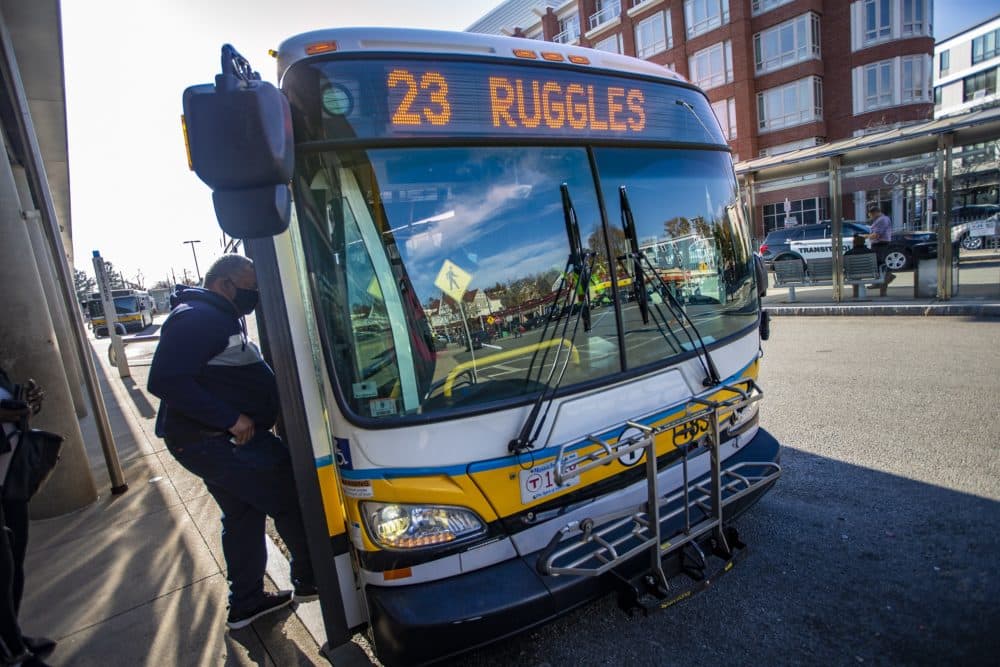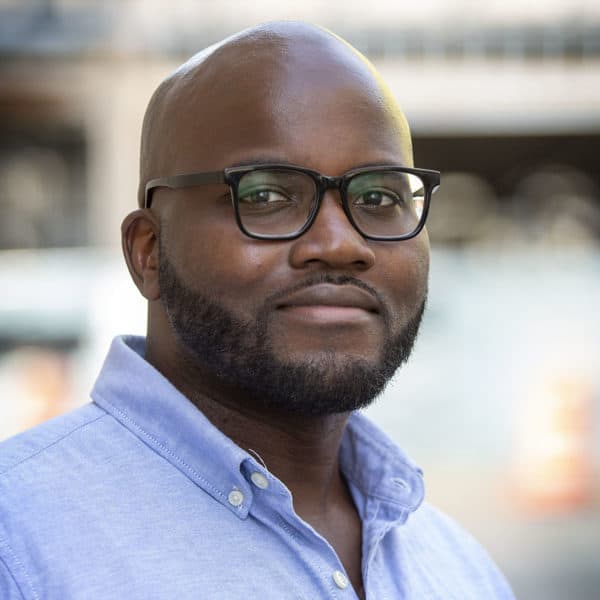Advertisement
Buoyed by early results, Boston and Worcester push to extend free public transit

The Worcester Regional Transit Authority has extended its COVID-19 fare suspension policy through 2022.
The extension gives the WRTA time to decide whether to make the policy permanent or revert to fare collection.
Board Chair Gary Rosen said the extension is “the right move,” but warned the city must consider the longer-term implications of the policy. Thus far, Worcester has offset the lost fare revenue with federal stimulus funds. The city stands to get more from the new infrastructure package, but Rosen warned a big financial challenge lies ahead.
“We got to be careful,” he said. “We need a sustainable source of revenue. The federal funds that we are pleased and lucky to have... won’t last us forever.”
In October, Boston Indicators reported that the WRTA’s bus service had reached more than 90% of its pre-pandemic ridership. The research group said the recovery was likely due to the fare suspension.
The Worcester board also voted to overhaul its fare payment system and policy, and to purchase a new mobile payment system, which can be used to collect data.
The WRTA’s move comes on the heels of Boston Mayor Michelle Wu’s request to set aside $8 million of federal funds to provide fare free bus service on the MBTA's 23, 28, and 29 bus routes, which serve Dorchester, Mattapan, and Roxbury. The request, which must be approved by the Boston City Council, would cover free service for two years.
Wu's proposal would build on the success of a pilot led by former acting Mayor Kim Janey, which made fares free on the T's 26 route. The city credited the pilot with boosting ridership from 47,000 to 70,000 weekly rides.
Rodney Gerald said he rides the 28 bus to get to work, and the pilot has been a big help.
“It has been helpful for a lot of people around here,” he said. “Because a lot of times you don’t have enough change to get on the bus … It’s amazing. About time they try to do something for us.”
Wu visited Ashmont Station in Dorchester on Thursday to talk about the plan. Flanked by supporters, the new mayor said the expansion of fare-free transit in Boston is an issue of climate, racial, and economic justice.
“Each of these bus lines serves a ridership that reflects Boston,” Wu said. “By taking this action we truly will connect our communities and supercharge our recovery, putting these federal recovery funds to good use by supporting and investing in communities who have been hardest hit by this pandemic.”
The council could vote on the request as soon as Dec. 1. Boston city councilor Andrea Campbell expressed concern that the city may have overpaid for the route 28 pilot. She also said the public should be allowed to weigh in on the program. Still, Campbell said, Wu’s request is bound to be passed after a council hearing.
“This will indeed get through the council,” Campbell said. “There are just some questions I had, but it will indeed pass the council. I am sure of it.”
